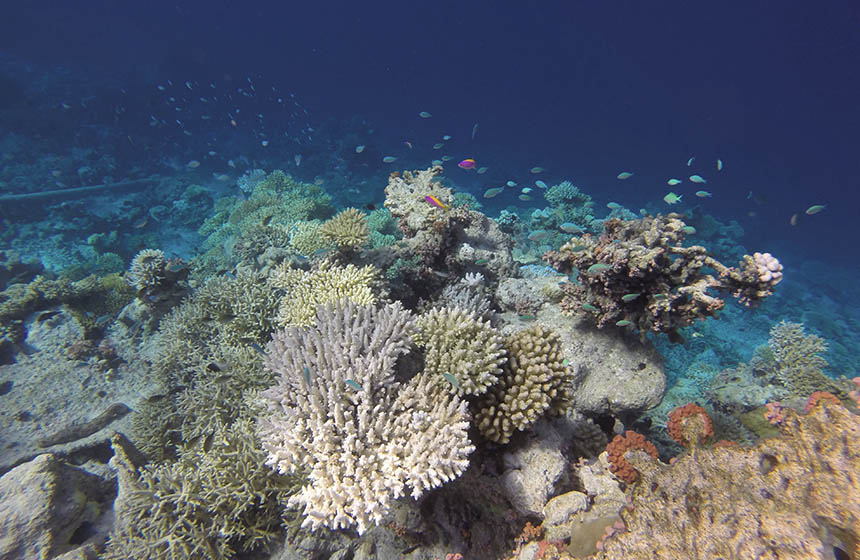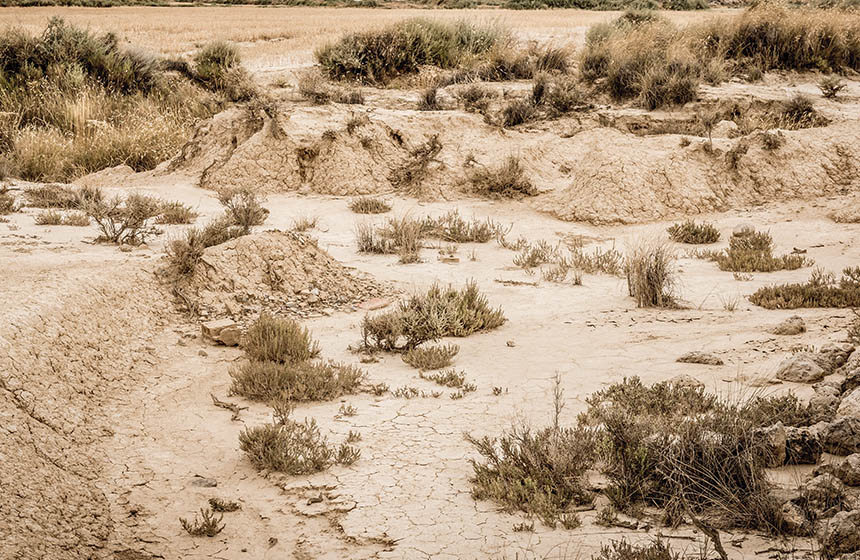Locally-managed Marine Protected Areas and artificial coral reefs in Bali
The Pemuteran Bay Coral Protection Foundation aims to address the collapse of local fish stocks by implementing artificial coral reefs and creating a locally-managed Marine Protected Area (MPA) to restore marine biodiversity.
Nature-based Intervention:
In the face of devastating fish stock collapse and loss of coral reefs due in part to destructive fishing techniques such as reef bombing, the village of Pemuteran on the Indonesian island of Bali has engaged in a combination of approaches which have reportedly resulted in positive ecological and socioeconomic outcomes. Firstly, the foundation has overseen the installation of 70 ‘Biorock’ technology artificial reefs, consisting of steel-frame structures through which a low voltage electric current is passed, attracting calcium carbonate buildup and becoming an effective substrate for the establishment and rapid growth of coral. Secondly, the foundation, working closely with the national enforcement agencies to ensure compliance, has supported the reintroduction and enforcement of locally-managed Marine Protected Areas (MPAs) which strictly forbid unsustainable fishing practices. Lastly, other activities organized by the foundation have contributed to the regeneration of the coral reefs and fish stocks, such as the planting of vetiver grass on shorelines to reduce erosion and excessive run-off, as well as waste and sewage management. According to project reports, the 70 structures span two hectares, reportedly making this the largest coral reef nursery restoration project globally.
Overview of context and outcomes:
Biorock corals have been shown to grow three to five times more quickly than natural coral, and are also more resilient to the effects of temperature fluctuations, with coral survival rates between 16-50 times higher.
Case effectiveness on
Climate change
The Biorock coral reefs have reportedly been shown to absorb wave energy, reducing beach erosion and the risk of disaster impacts. According to a project report by the Equator Initiative, Biorock was found to be more effective than sea walls at reducing beach erosion, since waves deposit sand on the shoreline, building up the beach instead of eroding it.
Ecosystem health
Ecological effect: PositiveAccording to project reports, local coral reefs have been restored and fish populations have been replenished. The abundance and diversity of marine species around the reefs has reportedly grown substantially, including populations of dugongs, which were considered locally extinct prior to the project.
Socioeconomic outcomes
Fish stocks, which are critical to the food security and livelihoods of the villagers, have reportedly been replenished. As a result of the restored reefs and marine biodiversity, the area has become a popular ecotourism destination for diving and thus the number of jobs in the local tourism industry has reportedly increased substantially. Further successful efforts to drive tourism have included the creation of unique reef art installations and the reinvestment of private tourism proceeds into conservation activities.
Governance
The Pemuteran Bay Coral Protection Foundation uses a bottom-up governance model with the local community creating and governing this intervention with the assistance of outside experts.
Finance
The project has received financing from village funds, the UNDP and the Global Coral Reef Alliance.
Monitoring and evaluation
The community’s Biorock Centre employs local villagers to conduct monitoring on the restored reef.
Trade-offs and limitations
No information yet available on tradeoffs.

Intervention type
- Created habitats
- Food production
- Protection
- Restoration
Conducted at landscape scale
Ecosystem type
- Created other
- Coastal
Climate change impacts addressed
- Loss of food production
- Coastal erosion
Instigators
- International conservation/environment organization
- Local NGO or CBO (eg. indigenous)
- Research institutions
Societal challenges
- Biodiversity conservation
- Climate change adaptation
- Disaster risk reduction
- Economic and Social development
- Food security
Outcomes
- Food security: Positive
- Water security: Not reported
- Health: Not reported
- Local economics: Positive
- Livelihoods/goods/basic needs: Not reported
- Energy security: Not reported
- Disaster risk reduction: Positive
- Rights/empowerment/equality: Positive
- Conflict and security: Positive
- No. developmental outcomes reported: 6
Resources
Read resource 1Literature info
- Grey literature



